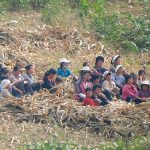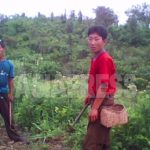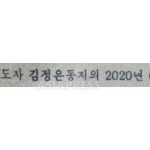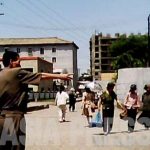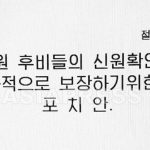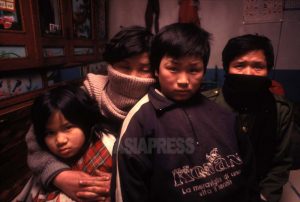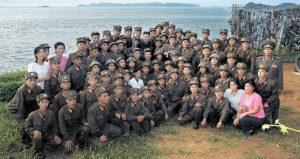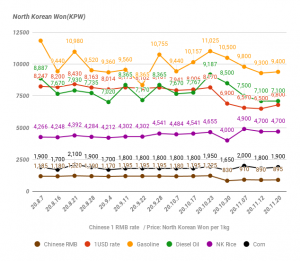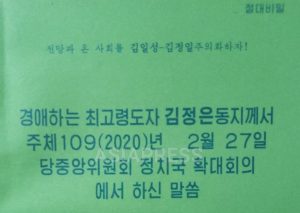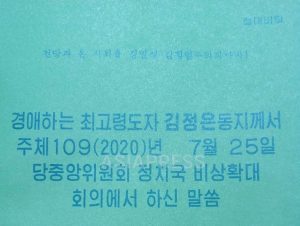◆ Prices rise in Pyongyang
The situation seems to be better in Pyongyang, as Chinese products are still in stock. Though a reporting partner in Pyongyang said on February 4 that the price of rice had risen to 5 RMB and the price of soybean oil, which had stood at 35 RMB for 5 kilograms, had risen to 80 RMB. In Hyesan City, by the border, the price for soybean oil had risen to 65 RMB.
“In Pyongyang as well, security agencies are monitoring and cracking down on rice prices. There is also a growing fear of a goods shortage among Pyongyang citizens,” said the reporting partner.
According to other reporting partners, as of February 4, the authorities had not taken steps to block the internal flow of vehicles and citizens coming south from the border regions. However, as Chinese goods imported before the shutdown of the border are now out of stock, trucks are no longer departing from Hyesan City anyway.
“Further away from the border, there are growing fears, not of the virus, but of starving to death due to rising food prices. Although they cannot be confirmed, there are rumors spreading that cities on the border with China, such as Hoeryong, Musan, Hyesan, and Manpo, are being blocked off from the rest of the country. If that happens, it will be the end for those living inland,” explained a reporting partner from Hyesan.
◆ Trade officials quarantined in hotels
In Hyesan City, the head of the regional trade bureau, as well as senior trade officials and civil servants who have been in contact with visiting Chinese citizens, are under long-term quarantine in various hotels. Apparently, since February 4, police officers, inspection teams, and members of the Youth Alliance and Women’s Alliance have been placed at bridges and roads to crack down on passing citizens who are not wearing masks.
※ ASIAPRESS contacts reporting partners in North Korea through smuggled Chinese mobile phones.
- <Inside N. Korea> Won Plunges After Regime Attempts to Confiscate Foreign Cash off Merchants and Force Companies to Trade in Local Currency (2020-02-12 10:37:22)
- <Breaking News From Inside N. Korea> Residents Begin to Panic as Border Shutdown Blocks Chinese Imports and Induces Inflation (2020-02-03 18:44:21)
- <Latest Interview on Emergency in N. Korea> “Those who will die, will die”: Poverty a Greater Concern than Coronavirus as Regime’s Warnings are Met with Public Indifference (2020-02-03 11:22:01)
- <Latest Report from N. Korea> Regime Aims to Block Coronavirus at Border as Local Hospitals and Populace Remain Woefully Unprepared for Potential Outbreak (2020-01-30 17:18:04)
- <Inside N. Korea> Boiling Point: Frustration With Regime Grows amid Rising Rumors of Sanctions Relief (2020-01-24 13:52:27)
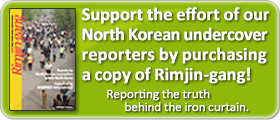 Editor’s notes on North Korean reporters
Editor’s notes on North Korean reporters
ALL REPORTS >>>
ARCHIVE(pdf) >>
DPRK MAP >>
